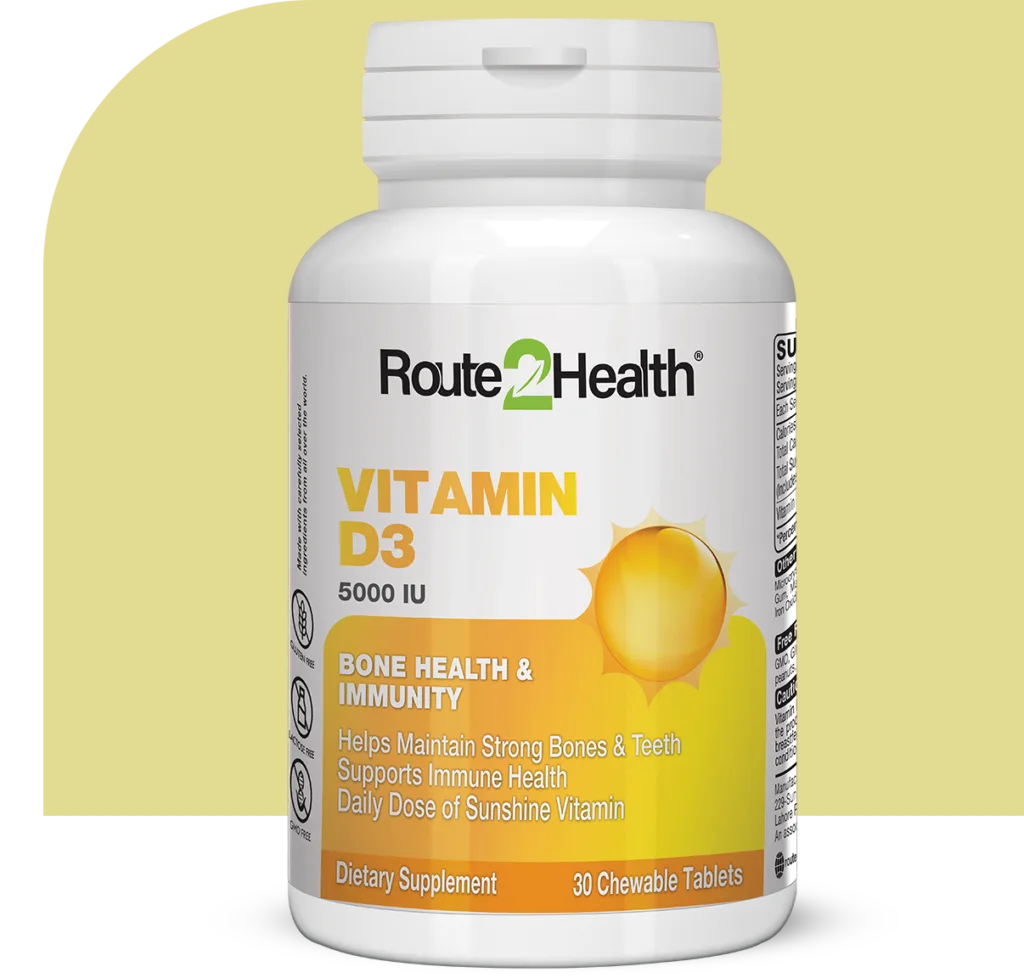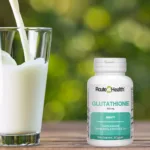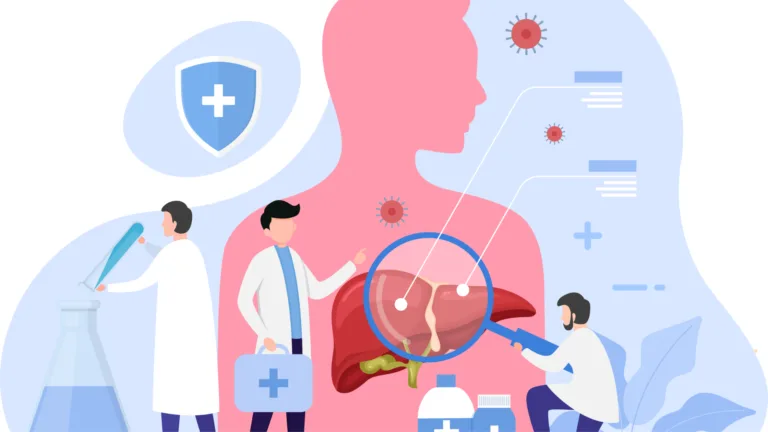
Berdi
urinary Track Health
Have you ever wondered why some people rarely catch a cold while others seem to be perpetually under the weather? The secret might be in a simple nutrient: Vitamin D3. Often dubbed the “sunshine vitamin,” Vitamin D3 plays a pivotal role in fortifying your immune system. Vitamin D3 and the immune system go hand in hand. In this blog, we delve into how Vitamin D3 and the immune system work together and how it can bolster your body’s defences, helping you maintain robust health.
Vitamin D deficiency is a global health issue, affecting approximately 1 billion people worldwide, as per The Cleveland Clinic Org. Despite its critical role in health, many individuals fail to get enough Vitamin D3 due to factors such as limited sun exposure, high pollution levels, sunscreen use, and diets low in Vitamin D-rich foods. This deficiency has been linked to various health problems, most notably a weakened immune system, highlighting the essential relationship between vitamin D3 and the immune system.
Vitamin D3 isn’t just about sunshine and strong bones. This powerful nutrient plays a multifaceted role in supporting your immune system. Here’s a closer look at seven key ways vitamin D3 bolsters your body’s defences, helping you understand the relationship between vitamin D3 and the immune system.
Your body’s first line of defence, the innate immune system, acts as a non-specific barrier against pathogens. Vitamin D3 enhances the pathogen-fighting effects of monocytes and macrophages — white blood cells that are crucial components of the immune defence system — and decreases inflammation. It promotes the production of antimicrobial proteins, such as cathelicidin and defensins, which lower the risk of infections. Research found that individuals with adequate Vitamin D levels have a significantly higher expression of these proteins, improving their ability to combat pathogens effectively.
Vitamin D3 is essential in balancing the immune response. It modulates both the innate and adaptive immune systems, ensuring that the body reacts appropriately to threats without overreacting, which could lead to autoimmune diseases. Research published in Frontiers in Physiology highlights that Vitamin D3 helps maintain the homeostasis of the immune system, preventing excessive inflammatory responses.
Adequate levels of Vitamin D3 are associated with a lower risk of chronic diseases that can compromise the immune system. For instance, a deficiency in Vitamin D3 has been linked to increased susceptibility to conditions like type 1 diabetes, multiple sclerosis, and rheumatoid arthritis. Maintaining optimal Vitamin D levels can reduce the risk of developing such autoimmune conditions by enhancing immune tolerance.

Vitamin D3 plays a crucial role in respiratory health, which is particularly relevant given the ongoing concerns around respiratory infections. A systematic review in the British Medical Journal found that Vitamin D supplementation reduced the risk of acute respiratory infections, especially in individuals with significant deficiencies. This suggests that Vitamin D3 could be a vital component in protecting against illnesses like influenza and even COVID-19.
Vitamin D not only helps in the immediate response to pathogens but also enhances immune memory. This ensures that once the body has fought off an infection, it remembers how to tackle it in the future. Research published in the Journal of Investigative Medicine demonstrates that Vitamin D3 influences the activity of memory T cells, which are essential for long-term immunity.
The gut is a critical part of the immune system, with a significant proportion of immune cells residing there. Vitamin D3 supports gut health by promoting the production of beneficial bacteria, which in turn strengthens the gut barrier and enhances immune responses. Research shows that Vitamin D3 supplementation improves gut microbiota composition, leading to better overall immune function.
Chronic inflammation is a common issue that can weaken the immune system. Vitamin D3 has anti-inflammatory properties, helping to mitigate chronic inflammation and thereby supporting immune health. Vitamin D3 modulates the production of cytokines, which are involved in inflammatory responses, helping to keep inflammation in check.

While sunlight exposure is the natural way to produce vitamin D3, factors like limited sun exposure, skin pigmentation, and the use of sunscreen can hinder this process. Dietary sources like oily fish and fortified foods can contribute, but supplementation is often necessary to achieve optimal levels.
To fully harness the benefits of Vitamin D for your immune system, it’s crucial to ensure your body can absorb it effectively. Here are some tips to optimise Vitamin D3 absorption:

The evidence is clear: there is a strong relationship between vitamin D3 and the immune system. Vitamin D3 is a powerhouse when it comes to supporting and strengthening the immune system. From enhancing pathogen-fighting capabilities and regulating immune responses to reducing the risk of chronic diseases and improving respiratory health, its benefits are extensive and well-documented. By ensuring you get enough Vitamin D3 through sun exposure, diet, and high-quality supplements, you can significantly strengthen your body’s defences.
The recommended daily intake of vitamin D3 varies by age. Generally, adults need 4,000 IU (International Units) per day, but consult your doctor for personalised advice.
Studies suggest vitamin D3 supplementation may reduce the risk and severity of respiratory tract infections, including colds and flu.
Fatty fish like salmon, tuna, and mackerel are excellent sources of vitamin D3. Fortified foods like milk and cereals can also contribute.
A simple blood test can measure your vitamin D3 levels. Discuss this with your doctor.
Vitamin D3 is generally safe at recommended doses. However, excessively high intake can lead to side effects. Consult your doctor before starting any supplements.











©2023 Route2Health®️
NTN: 2229383
AN ASSOCIATED COMPANY OF HIGHNOON LABORATORIES
STRN: 0301999937728

WhatsApp us
